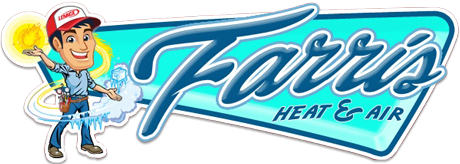Many people only think they need air conditioning repair when their system completely stops working. However, the fact is your air conditioner will often drop hints letting you know it’s in trouble before a total breakdown that results in new AC installation. Understanding the warning signs and calling the experts at Farris Heating & Air to fix issues early can save you from the hassle and expense of a full AC system breakdown. More importantly, it can prevent the discomfort of having your AC stop working on a really hot day.
When you call us, our team of highly trained HVAC technicians will diagnose the issue, fix the problem and restore your comfort fast. We have years of experience and provide top-tier, affordable AC service for our community.
Why hold off until your cooling system stops working? Skip all that hassle by calling 918-333-0376 today to schedule AC repair in Bartlesville, OK, from Farris Heating & Air.
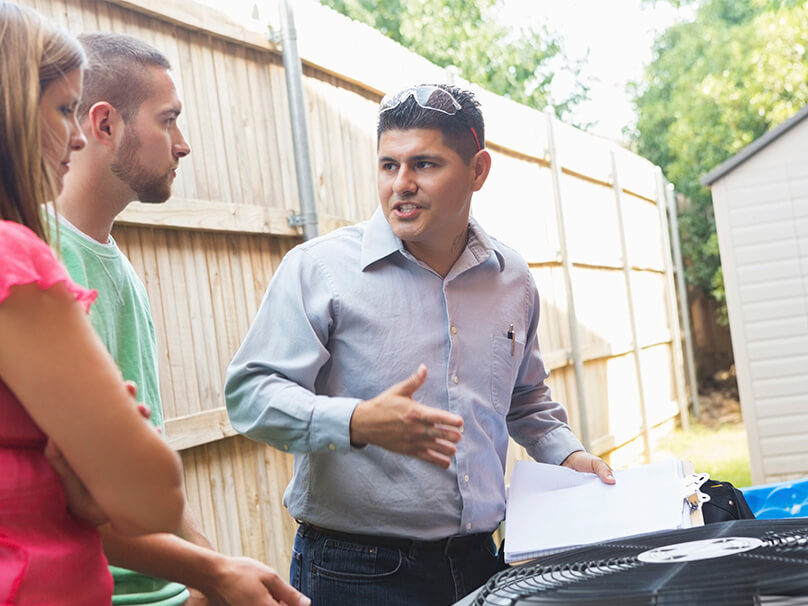
Signs You Need AC Repair
What are the signs your air conditioner needs repair? From a stinky smell to a lack of cool air coming from the vents, there are many indicators that your cooling system has is malfunctioning and needs evaluation or repair.
Here are some warning signs that trouble may be around the corner and it’s time to call an HVAC technician from Farris Heating & Air:
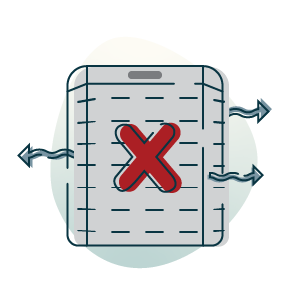
AC is blowing hot air
If warm air is flowing out of your AC unit instead of cool air, or if the air isn’t as cool as it should be, it’s a wise decision to call us for professional cooling service.
Air conditioner keeps turning on and off
If your AC system cycles frequently instead of maintaining steady operation, it could be a warning of potential issues and should be evaluated by one of our certified HVAC technicians.
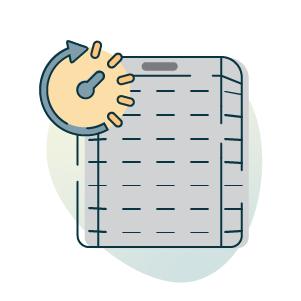
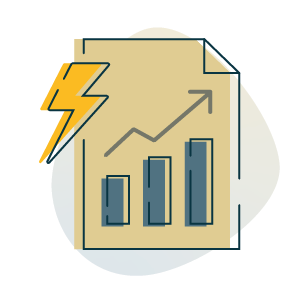
Home energy bills spike for what seems like no reason
A big jump in your energy costs can be a sign your AC unit is becoming less efficient, which means it uses more energy to cool your home and needs AC maintenance or repair.
Odd smells are coming from your AC
Air conditioners should not stink. Unusual odors coming from your air conditioning system should be evaluated by a professional, as they can be a red flag for issues like mold, mildew or even electrical issues.
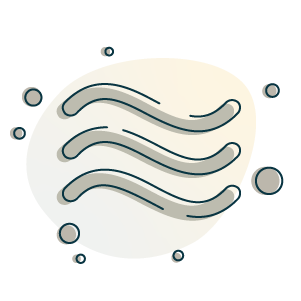
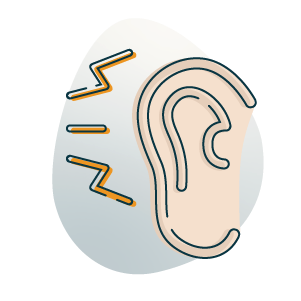
AC makes loud noises when it runs
If you hear odd noises when your air conditioner is running — banging, grinding or screeching, to name just a few — it’s important to call for professional HVAC service to find out what’s wrong.
Request Pro Air Conditioner Repair Now
When you require air conditioning service quickly, contact the HVAC repair experts at Farris Heating & Air at 918-333-0376. We’ll quickly identify the problem when your equipment won’t work or provide enough chilled air.
